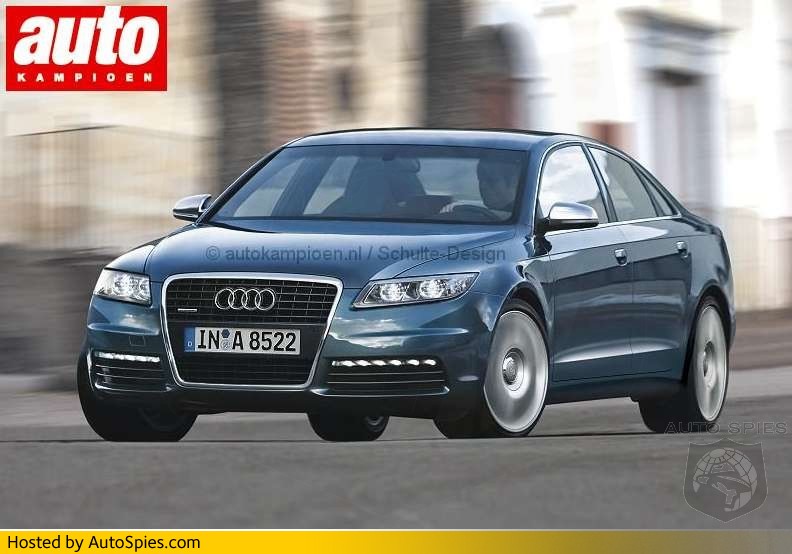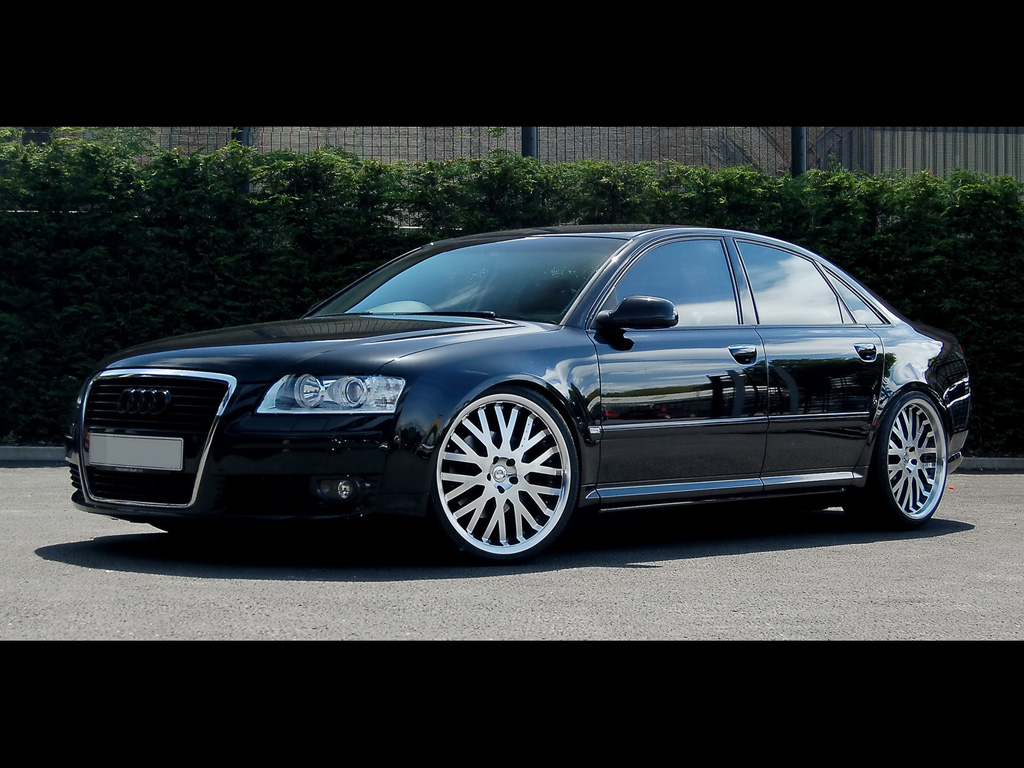 |
| 2011 Audi Q7 TDI |
 |
| 2011 Audi Q7 TDI |
 |
| 2011 Audi Q7 TDI |
 |
| 2011 Audi Q7 TDI |
Audi Q7 TDI have done a lot to change the perception that diesel vehicles are crude, stinky, black smoke-spewers, and the company's lone turbodiesel SUV gets even better for 2011. Thanks to the 406 pound-feet of torque at a low, low 1750 rpm, it takes very little throttle to accelerate or pass in traffic. Braking is precise, and the discs respond seemingly instantly to driver input. At the track, the TDI went from 0 to 60 mph in 8.6 seconds, which is about a second slower than the gas 4.2-liter V-8 we tested a couple years ago and the 2011 got through the quarter mile in 16.5 seconds at 82.
The 2011 Audi Q7 quattro has two new engines this year. The new engines are intriguing, however. Both are 3.0-liter engines. Not only does blown six make more power than the naturally-aspirated eight, Audi notes that it's some 16 percent more fuel efficient. The 2011 Audi Q7 we are reviewing is the Q7 TDI. The 3.0 TDI is the same turbodiesel V-6 as used in the recently tested 2011 Volkswagen Touareg TDI, rated at 225 hp and 406 lb-ft of torque, and like the Touareg has the same eight-speed automatic transmission. And like the Touareg, has standard all-wheel drive, although for the Q7 it Audi's proprietary quattro system.
The Audi Q7 and Volkswagen Touareg are not, however, badge-engineered corporate kin. The Audi is longer, with five more inches between the front and rear axles, and seats up to seven. The Touareg has only two rows of seats.
Audi claims 8.5 seconds for the zero-to-sixty mph dash. Standard towing capacity is 5,500lbs (with a 550 pound tongue-weight), plus there's a trailer hitch package that includes a tow bar and increased cooling capacity, increasing tow rating to 6,600lbs (with a 660 pound tongue-weight).
The EPA rating for the 2011 Audi Q7 TDI is 17 mpg city and 25 mpg highway, however we found that we were able to get 24.0 mpg with mostly highway driving, with 19.7 mpg in mixed all-around driving in cold weather and hilly terrain, both having a negative impact on fuel economy numbers.








 Bmw m3 Coupe
Bmw m3 Coupe Bmw m3 Coupe
Bmw m3 Coupe Bmw m3 Coupe
Bmw m3 Coupe Bmw m3 Coupe
Bmw m3 Coupe Bmw m3 Coupe
Bmw m3 Coupe



.jpg)

